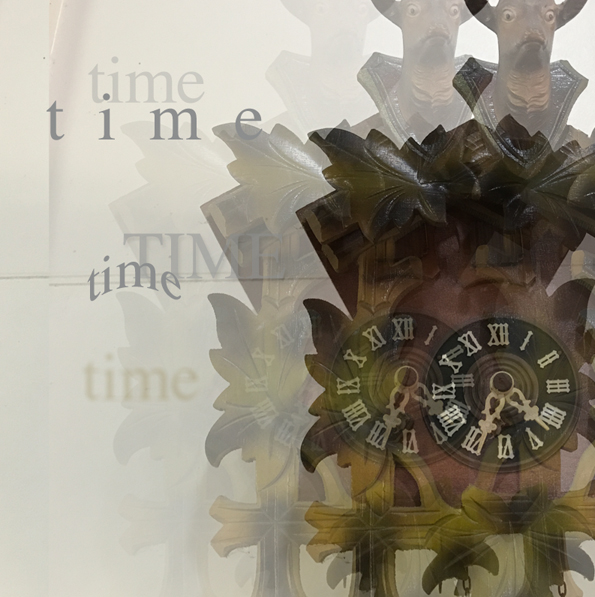
So much of our life and language is tied up in our understanding of time. Work deadlines, milestones, catching planes, gym timetables, shop opening hours, making time, wasting time, time on our hands, killing time. We glance at our smartphone or our fitbit or the clock on the wall to check the time because we know time means something. Hey, but do we really know what time it is? Apparently not.
Yesterday, I saw a brilliant documentary about time, hosted by the lovely Brian Cox, who never really seems to stop smiling. Perhaps he smiles constantly because his line of work is so awesome, quantum physics. If you ever had a curly thought about time and our passage through it, you can watch this documentary free online. And I really recommend you do.
The question it asks is simply, What time is it? And that is perhaps the most confounding question you can ever ask.
This documentary will do your head in. We actually don’t fully understand what time is. We don’t know why time happens, or whether it even does happen. We don’t quite gather what time means either. Is time and our passage through it a matter of moving moment to moment; leaving past behind and forever moving into a future tense? Or are all our moments in time actually all happening at once, and is it just that we are experiencing the moments separately? Does the past exist, actually exist? Does the future exist already?
The documentary even puts forward a theory that we might be moving through time-space in a kind of quantum “pixelated” fashion, creating our timeline just seconds ahead of our experience of the present. It’s exciting, terrifying stuff, and it sits just outside our ability to know any answers.
Hey, and this is really exciting stuff for writers, as well as physicists. At last, we have perfectly sound scientific excuse to just let time be as flexible as we like in the telling of a story.
Think about time, for a second. Consider how it affects us humans—time causes anger to build as much as time creates regret, as much as time heals hurt, and renders us old, makes us fall in love, fall out of love, get fat, get thin, lose our minds, gain perspective. Time, in effect, is the propulsion of our emotional journeys, and telling an emotional journey is what writers are really doing when they tell a story.
You hear scientists talk about time bending. I gather (this is my small science brain at work) bending time has to do with gravitational forces working on time, making it slow down or speed up. Mind bending is what this sort of talk does for.
When you use time out of order in a story it is sometimes called a non-linear or a disrupted or a fractured narrative. Reasons to do them are many, such as wanting to relive a memory or retrace steps, or re-invent a plot, or create a dream-space, or deliver a parallel reality or demonstrate something new in the main plot, or something in a side plot.
If you do go bending time in your writing, however, spend time (hehe) sorting out why you want to do it. Audiences are used to time shifts and are quick to go along with you if you jump about in time and space, but they will also get tired of the device if they don’t see the point of the story doing it. The classic device of using flashback is all very well, but it’s used so very much perhaps it’s a bit old school.
One of the best justifications I’ve ever heard for a fractured narrative was explained to me by Sydney playwright Donna Abela when she described to me one of her much-celebrated plays, Jump for Jordan, in which time shifts happen throughout the story. No, it wasn’t a time-travelling play, and no it wasn’t a play about someone losing their mind. It is the story of Australians whose parents come from troubled or war-torn nations. She explained that history, as described by the victors, is a linear story. If you are one of history’s less fortune people, however, your history is a fractured story, full of gaps and loss, chaos and misunderstanding, and often without a straightforward narrative.
The way we perceive time, the sequence of events, and our memory of things, is affected by how we have experienced it.
